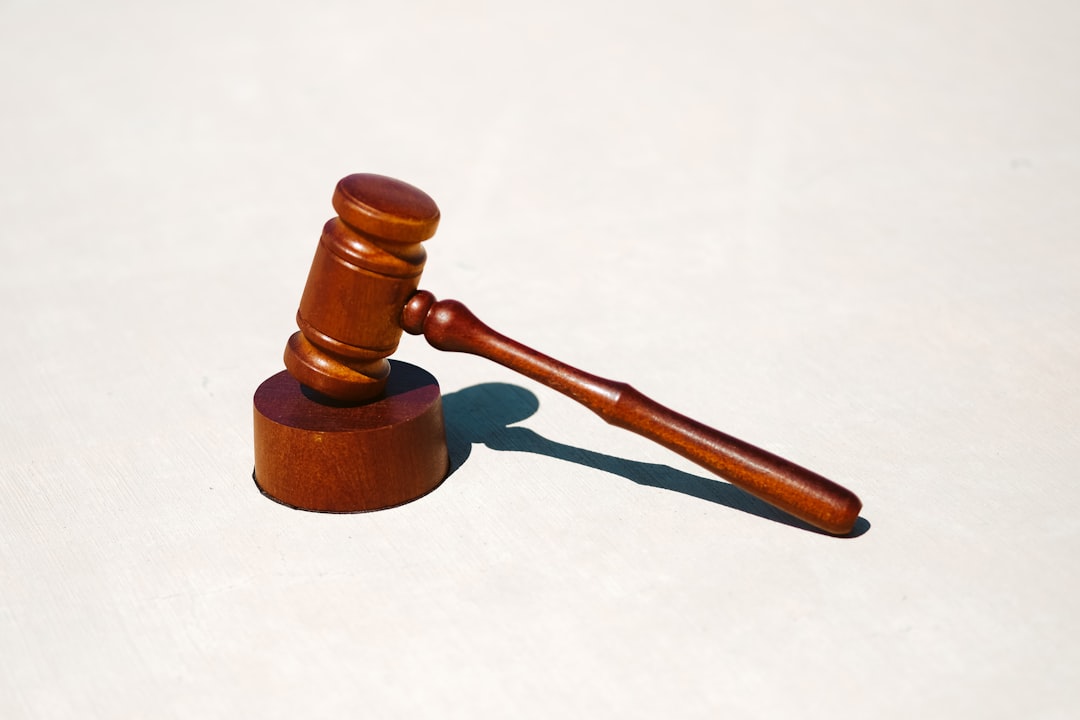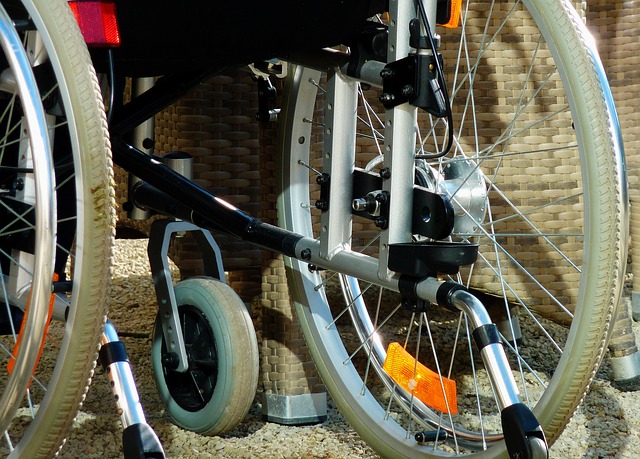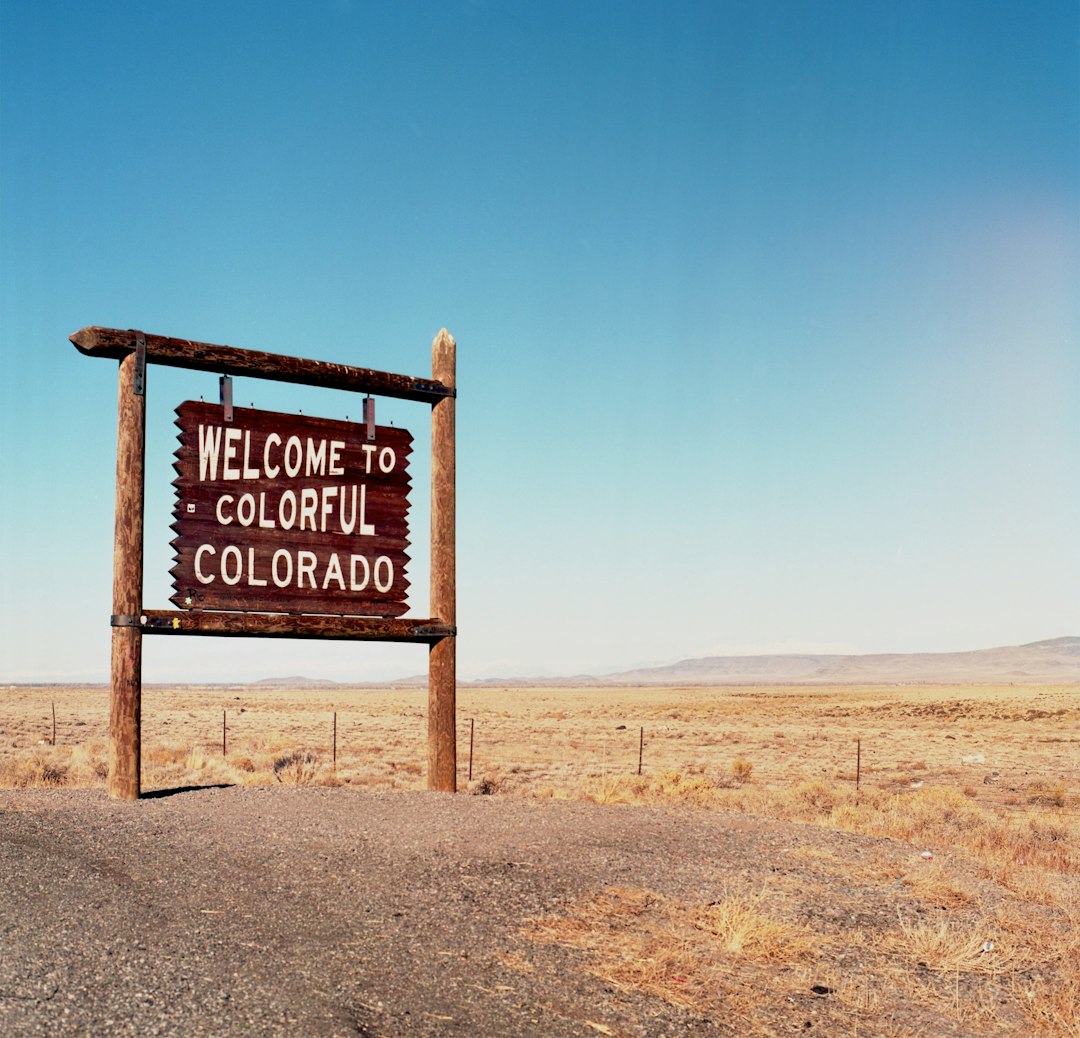Elder abuse on college campuses is a growing concern as more seniors pursue higher education. This issue manifests in financial manipulation, emotional and physical abuse, and sexual assault due to elders' vulnerabilities. Early identification of red flags like unusual behavior changes or financial transactions is crucial for prevention. Student organizations play a vital role in combating this problem through awareness campaigns and educational programs. Legal framework, including the Elder Justice Act and ADEA, protects elderly students and holds institutions accountable. Comprehensive preventive measures, such as mandatory training, reporting systems, partnerships with local elderly sexual assault lawyers CO, and safe spaces, are essential to safeguard vulnerable populations on college campuses.
“Elder abuse on college campuses is a silent yet growing concern. As higher education institutions become more diverse, understanding and addressing the unique challenges faced by older students is essential. This article explores various facets of this pressing issue, including identifying signs of abuse, the role of student awareness programs, legal protections for elderly students, and critical preventive measures. With a focus on sexual assault cases involving the elderly, we highlight the need for robust support systems in CO and beyond.”
Understanding Elder Abuse on College Campuses: A Growing Concern

Elder abuse on college campuses is a growing concern, often overlooked in the bustling environment of higher education. With a rising number of older adults pursuing post-secondary education, the issue of exploitation and mistreatment has gained significant attention from elderly sexual assault lawyers CO and campus administrators alike. This problem manifests in various forms, including financial manipulation, emotional abuse, and, in severe cases, physical and sexual assault. The unique challenges faced by elderly students make them vulnerable to these crimes, necessitating heightened awareness and proactive measures on college campuses across the country.
The dynamic nature of campus life can create opportunities for abusers to target older individuals, who may feel isolated or lack support networks typically found in their home communities. As such, colleges and universities have a collective responsibility to foster environments that prioritize the safety and well-being of all students, regardless of age. Effective strategies involve education programs that raise awareness among both elderly students and younger peers, robust reporting systems, and collaborations with local law enforcement and legal experts specializing in elderly sexual assault.
Identifying Signs and Risk Factors: What to Look Out For

Elderly individuals, especially on college campuses, are vulnerable to various forms of abuse due to their age and potential dependencies. Identifying signs of abuse early is crucial for preventing further harm. Students, campus staff, and even peers should be vigilant about certain red flags that might indicate elder abuse. These include physical injuries with no apparent explanation, sudden changes in behavior or personality, neglect of personal hygiene, and unusual financial transactions.
Some risk factors to consider include social isolation, cognitive impairment, and financial vulnerabilities. Elderly individuals living alone or those with declining mental abilities may be more susceptible to abuse. Additionally, those facing financial difficulties might become targets for exploitation. Understanding these risks can help create a supportive environment and foster interventions by connecting vulnerable elders with the right resources, including elderly sexual assault lawyers in CO, when necessary.
The Role of Student Organizations and Awareness Programs

Student organizations play a pivotal role in preventing elder abuse on college campuses. These groups, often driven by dedicated students passionate about social justice, organize awareness campaigns and educational initiatives to inform their peers and campus communities about the signs of abuse, power dynamics that can lead to exploitation, and available resources for support. Through peer-to-peer education, they foster a culture of respect and consent, empowering both younger and elderly individuals to recognize and report potential abuse.
Awareness programs led by these organizations often collaborate with local authorities, elder care facilities, and even elderly sexual assault lawyers in Colorado to create robust safety nets. They conduct workshops, distribute informational materials, and host events that challenge stereotypes and promote intergenerational understanding. By engaging in proactive measures, student initiatives contribute significantly to the well-being of vulnerable adults on campus and beyond, ensuring a safer environment for all.
Legal Aspects: Rights of Elderly Students and Sexual Assault Cases

In the context of goldens elder abuse prevention, understanding the legal aspects is paramount, especially regarding the rights of elderly students on college campuses. The Elder Justice and Protection Act highlights the importance of safeguarding vulnerable adults from abuse, neglect, and exploitation. When it comes to sexual assault cases involving elders, the focus shifts to strict liability laws that hold institutions accountable for failing to protect residents or students under their care.
Elderly individuals enrolled in higher education institutions are protected by various state and federal laws. For instance, the Age Discrimination in Education Act (ADEA) prohibits discrimination against those 50 years or older in all aspects of educational programs. In cases of sexual assault, elderly students have the right to seek justice through legal channels, with specialized elderly sexual assault lawyers CO playing a crucial role in navigating complex legal procedures and ensuring their rights are upheld.
Preventive Measures and Support Systems for Vulnerable Populations

Preventive measures and support systems are crucial for protecting vulnerable populations, including the elderly, from abuse on college campuses. Educational institutions should implement comprehensive programs that raise awareness about elder abuse, its various forms, and the resources available to victims. This includes mandatory training sessions for staff and students, as well as clear reporting procedures.
Support systems such as dedicated hotlines, counseling services, and safe spaces can empower elderly individuals to speak out against abuse. Additionally, establishing partnerships with local elderly sexual assault lawyers CO ensures that victims have access to legal aid and justice. These collaborative efforts foster a campus environment that prioritizes the safety and well-being of all students, especially those who are most vulnerable.






